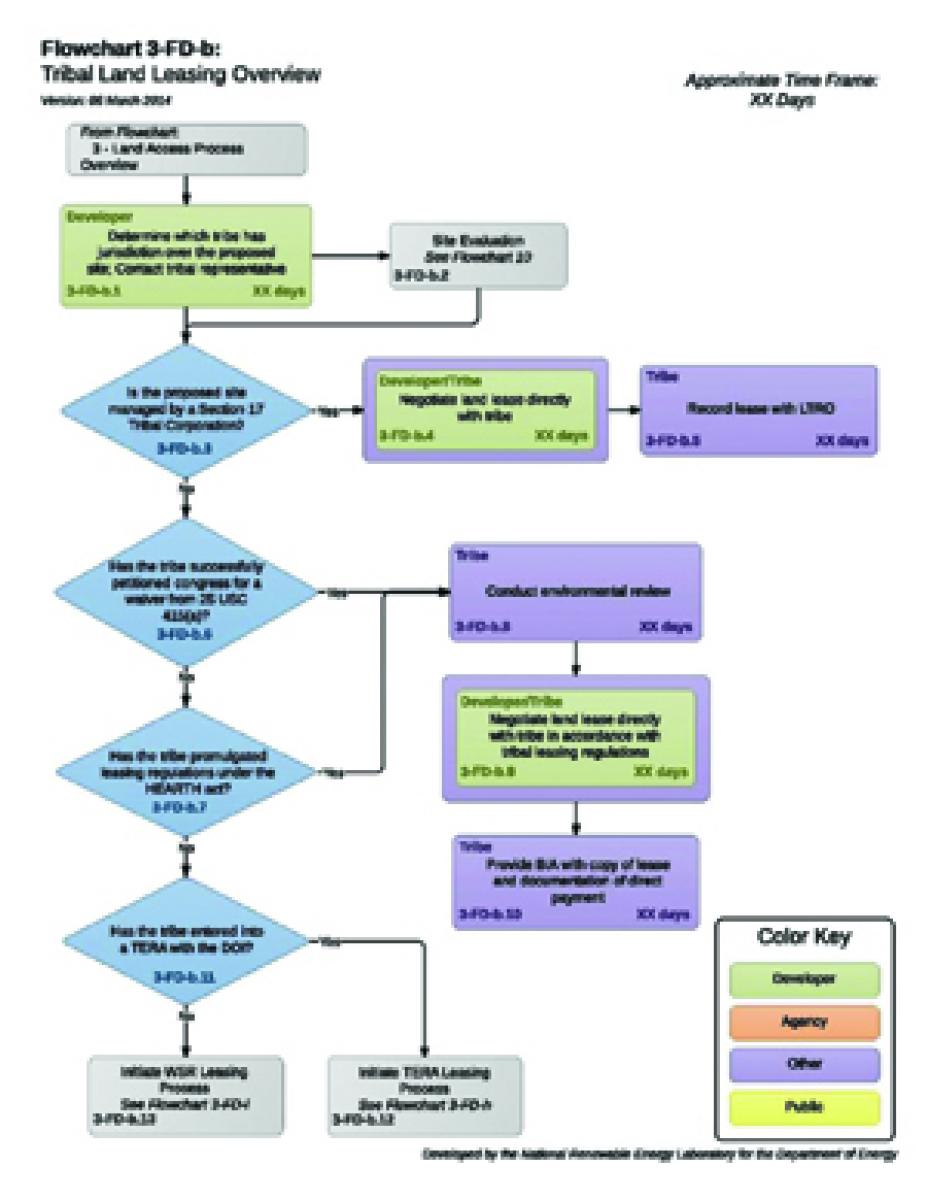Live
- Income tax refunds jump 46.3 pc to Rs 3.04 lakh crore in April-Nov
- Financial Intelligence Unit detects undisclosed income worth Rs 11,000 crore in 2024: Centre
- Odisha BJP chief to be elected in January
- AP Home Minister Anitha alerts officials amid rains in heavy Rains in Tirupati
- Taluk Guarantee panel
- Uber Launches Uber Moto Women for Safer and Flexible Rides in Bengaluru
- ‘Fear’ pre-release event creates waves
- Champions Trophy 2025 Host Change? Indian Broadcaster's Promo Sparks Controversy
- Nabha Natesh introduced as Sundara Valli from ‘Swayambhu’
- Aamir Khan praises Upendra's ‘UI: The Movie’ ahead of its release
Just In

A win-win land leasing reform for States. Land leasing laws relating to rural agricultural land in Indian states were overwhelmingly enacted during decades immediately following the independence. At the time, the abolition of Zamindari and redistribution of land to the tiller were the highest policy priorities.
 Land leasing laws relating to rural agricultural land in Indian states were overwhelmingly enacted during decades immediately following the independence. At the time, the abolition of Zamindari and redistribution of land to the tiller were the highest policy priorities.
Land leasing laws relating to rural agricultural land in Indian states were overwhelmingly enacted during decades immediately following the independence. At the time, the abolition of Zamindari and redistribution of land to the tiller were the highest policy priorities.
Top leadership of the day saw tenancy and sub-tenancy as integral to the feudal land arrangements that India had inherited from the British. Therefore, tenancy reform laws that various states adopted sought to not only transfer ownership rights to the tenant but also either prohibited or heavily discouraged leasing and sub-leasing of land.
Politically influential landowners were successful in subverting the reform, however. As P.S. Appu documents in his brilliant 1996 book Land Reforms in India, till as late as 1992, ownership rights were transferred to the cultivator on just 4 percent of the operated land. Moreover, just seven states, Assam, Gujarat, Himachal Pradesh, Karnataka, Kerala, Maharashtra, and West Bengal, accounted for some 97 percent of this transfer.
Some states allowed tenancy but imposed a ceiling on land rent at one-fourth to one-fifth of the produce. But since this rent fell well below the market rate, contracts became oral in these states as well, with the tenant paying closer to 50% of the produce in rent.
Many large states including Telangana, Bihar, Karnataka, Madhya Pradesh and Uttar Pradesh ban land leasing with exceptions granted to landowners among widows, minors, disabled and defence personnel. Kerala has for long banned tenancy, permitting only recently self-help groups to lease land.
Only the states of Andhra Pradesh, Tamil Nadu, Rajasthan and West Bengal have liberal tenancy laws with the last one limiting tenancy to sharecroppers. A large number of states among them Rajasthan and Tamil Nadu, which otherwise have liberal tenancy laws, do not recognize sharecroppers as tenants.
The original intent of the restrictive tenancy laws no longer holds any relevance. In turn, this discourages her from making long-term investments in land and also leaves her feeling perpetually insecure about continuing to maintain cultivation rights. Furthermore, it deprives her of potential access to credit by virtue of being a cultivator.
Landowner also feels a sense of insecurity when leasing land with many choosing to leave land fallow. The latter practice is becoming increasingly prevalent with landowners and their children seeking non-farm employment.
In the context of the difficulties in land acquisition under the 2013 land acquisition law, states wishing to facilitate industrialization can further benefit from liberal land leasing if they simultaneously liberalize the use of agricultural land for non-agricultural purposes.
Currently, conversion of agricultural land for non-agricultural use requires permission from the appropriate authority, which can take a long time. State governments can address this barrier by either an amendment of the law to permit non-agricultural use or by the introduction of time-bound clearances of applications for the conversion of agricultural land use in the implementing regulations.
The reform open up another avenue to the provision of land for industrialization: long-term land leases that allow the owner to retain the ownership while earning rent on her land. In addition, she will have the right to renegotiate the terms of the lease once the existing lease expires.
Therefore, the introduction of transparent land leasing laws that allow the potential tenant or sharecropper to engage in written contracts with the landowner is a win-win reform. The tenant will have an incentive to make investment in improvement of land, landowner will be able to lease land without fear of losing it to the tenant and the government will be able to implement its policies efficiently.
Simultaneous liberalization of land use laws will also open up an alternative avenue to the provision of land for industrialization that is fully within the state's jurisdiction and allows the landowner to retain ownership of her land.
A potential hurdle to the land leasing reform laws is that landowners may fear that a future populist government may use the written tenancy contracts as the basis of transfer of land to the tenant and therefore would oppose the reform. This is a genuine fear but may be addressed in two alternative ways.
By Arvind Panagariya

© 2024 Hyderabad Media House Limited/The Hans India. All rights reserved. Powered by hocalwire.com







